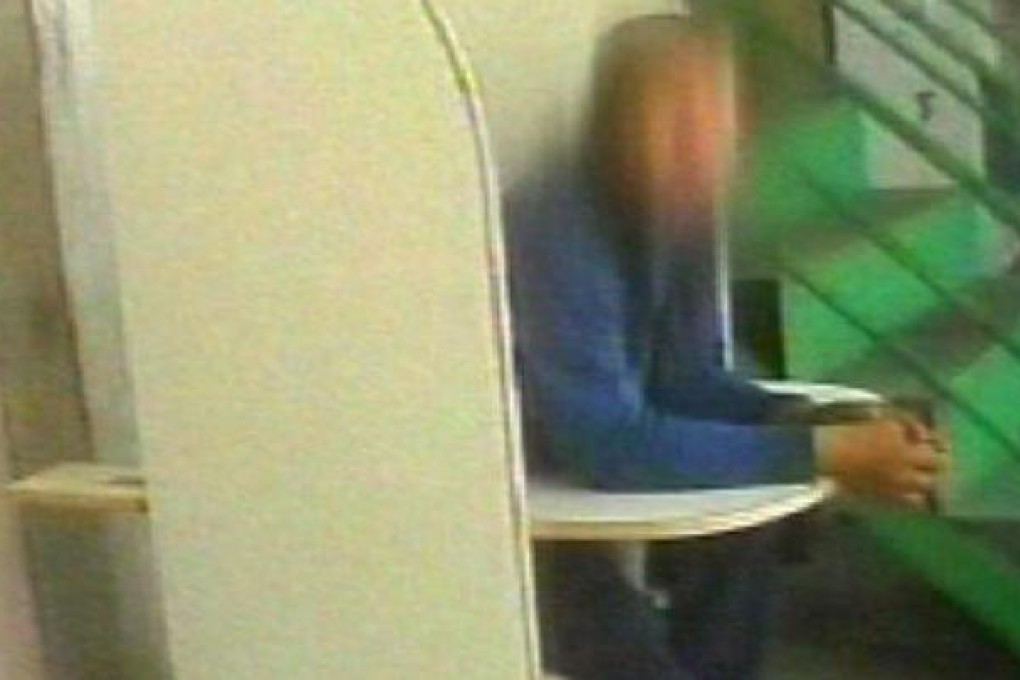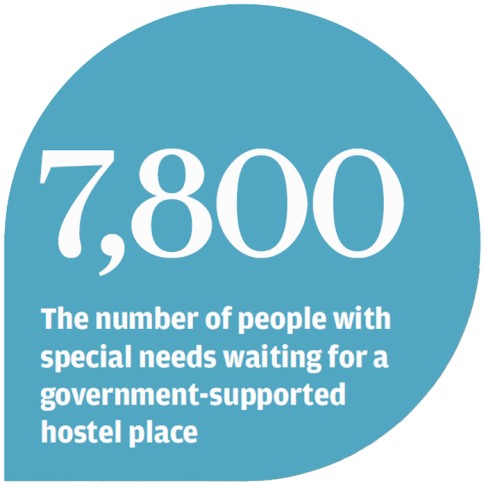New rules will force private hostels for the disabled to close
Thousands of disabled are forced into private hostels because there are too few public ones, yet new rules mean many will have to close

More than 4,000 Hongkongers call private hostels for disabled people home. They're a place of safety, bringing together people with special needs who may struggle in the community.

She and her 85-year-old mother have lived there since October, when they were referred by a social worker as their old home was to be demolished.
The hostel is one of 78 private care homes in the city. Like the 200-plus homes subsidised by the government or run by non-governmental organisations, each hostel must obtain a licence to certify its safety and service standards, or a temporary exemption to give it time to bring facilities up to scratch.
The hostels typically offer meals, routine personal care, activities and exercise equipment. They fill a gap in the market at a time when the waiting list for government-subsidised hostels stretches to 10 years or more.
A licensing regime kicks in on June 10, yet, as of the start of this month, only eight private homes had licences. A further 46 were granted exemptions, typically of 12 to 18 months. The home the 52-year-old and her mother live in is among those granted an exemption, with the owner given time to clear up zoning issues and improve buildings.
